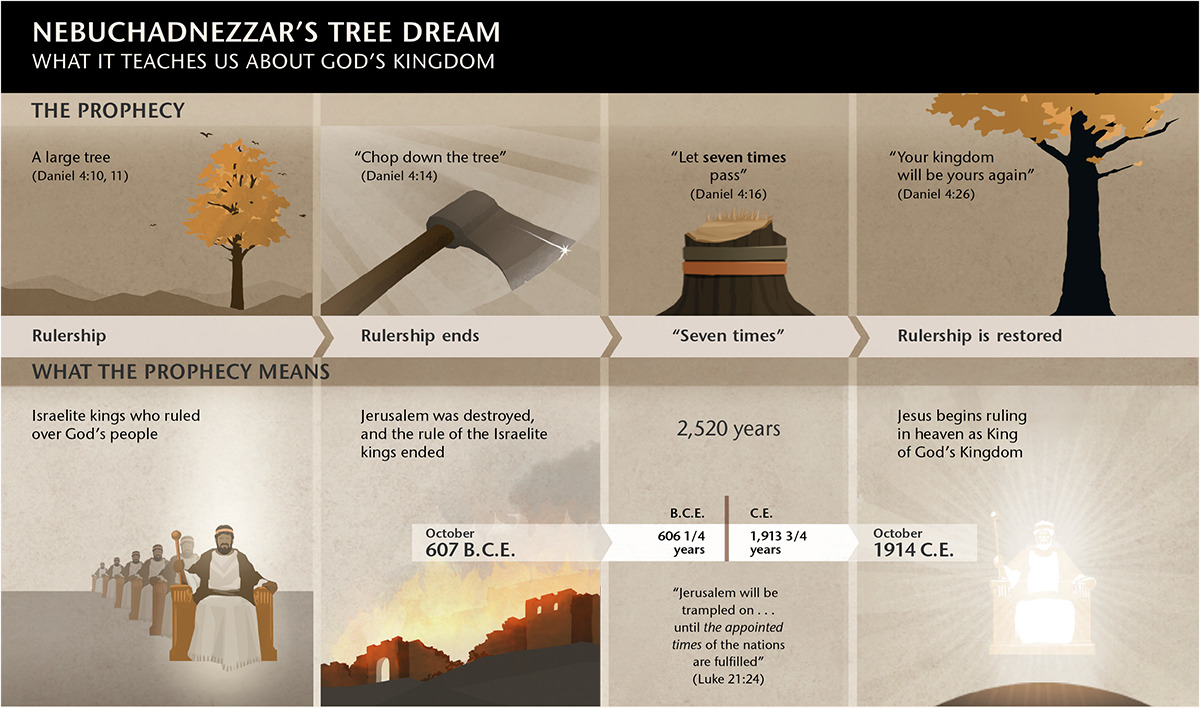- Joined
- Jul 13, 2015
- Messages
- 19,311
- Location
- Western Australia
- Gender
- Male
- Religious Affiliation
- Catholic
- Political Affiliation
- Moderate
- Marital Status
- Single
- Acceptance of the Trinity & Nicene Creed
- Yes
This post is not intended to promote the teachings described. It is intended to give a summarised statement of some of the major beliefs of Jehovah's witnesses with a view to analysing them and offering comment on one or all of them with support from the holy scriptures and commentary on how Jehovah's witnesses view certain passages used to prove their views.
Teaching #1 - what follows is what Jehovah's witnesses teach and believe (source)
Teaching #1 - what follows is what Jehovah's witnesses teach and believe (source)
What Happens When You Die?
The Bible’s answer
The Bible’s answer
The Bible says: “The living are conscious that they will die; but as for the dead, they are conscious of nothing at all.” (Ecclesiastes 9:5; Psalm 146:4) Therefore, when we die, we cease to exist. The dead can’t think, act, or feel anything.
“To dust you will return”
God explained what happens when we die when he spoke to the first man, Adam. Because Adam was disobedient, God said to him: “Dust you are and to dust you will return.” (Genesis 3:19) Before God created Adam “out of dust from the ground,” Adam did not exist. (Genesis 2:7) Likewise, when Adam died, he returned to dust and ceased to exist.
The same thing happens to those who die now. Speaking of both humans and animals, the Bible says: “They have all come to be from the dust, and they are all returning to the dust.”—Ecclesiastes 3:19, 20.
Death is not necessarily the end of everything
The Bible often compares death to sleep. (Psalm 13:3; John 11:11-14; Acts 7:60) A person who is fast asleep is unaware of what is happening around him. Likewise, the dead are not conscious of anything. Yet, the Bible teaches that God can awaken the dead as if from sleep and give them life again. (Job 14:13-15) For those whom God resurrects, death is not the end of everything.
“To dust you will return”
God explained what happens when we die when he spoke to the first man, Adam. Because Adam was disobedient, God said to him: “Dust you are and to dust you will return.” (Genesis 3:19) Before God created Adam “out of dust from the ground,” Adam did not exist. (Genesis 2:7) Likewise, when Adam died, he returned to dust and ceased to exist.
The same thing happens to those who die now. Speaking of both humans and animals, the Bible says: “They have all come to be from the dust, and they are all returning to the dust.”—Ecclesiastes 3:19, 20.
Death is not necessarily the end of everything
The Bible often compares death to sleep. (Psalm 13:3; John 11:11-14; Acts 7:60) A person who is fast asleep is unaware of what is happening around him. Likewise, the dead are not conscious of anything. Yet, the Bible teaches that God can awaken the dead as if from sleep and give them life again. (Job 14:13-15) For those whom God resurrects, death is not the end of everything.

